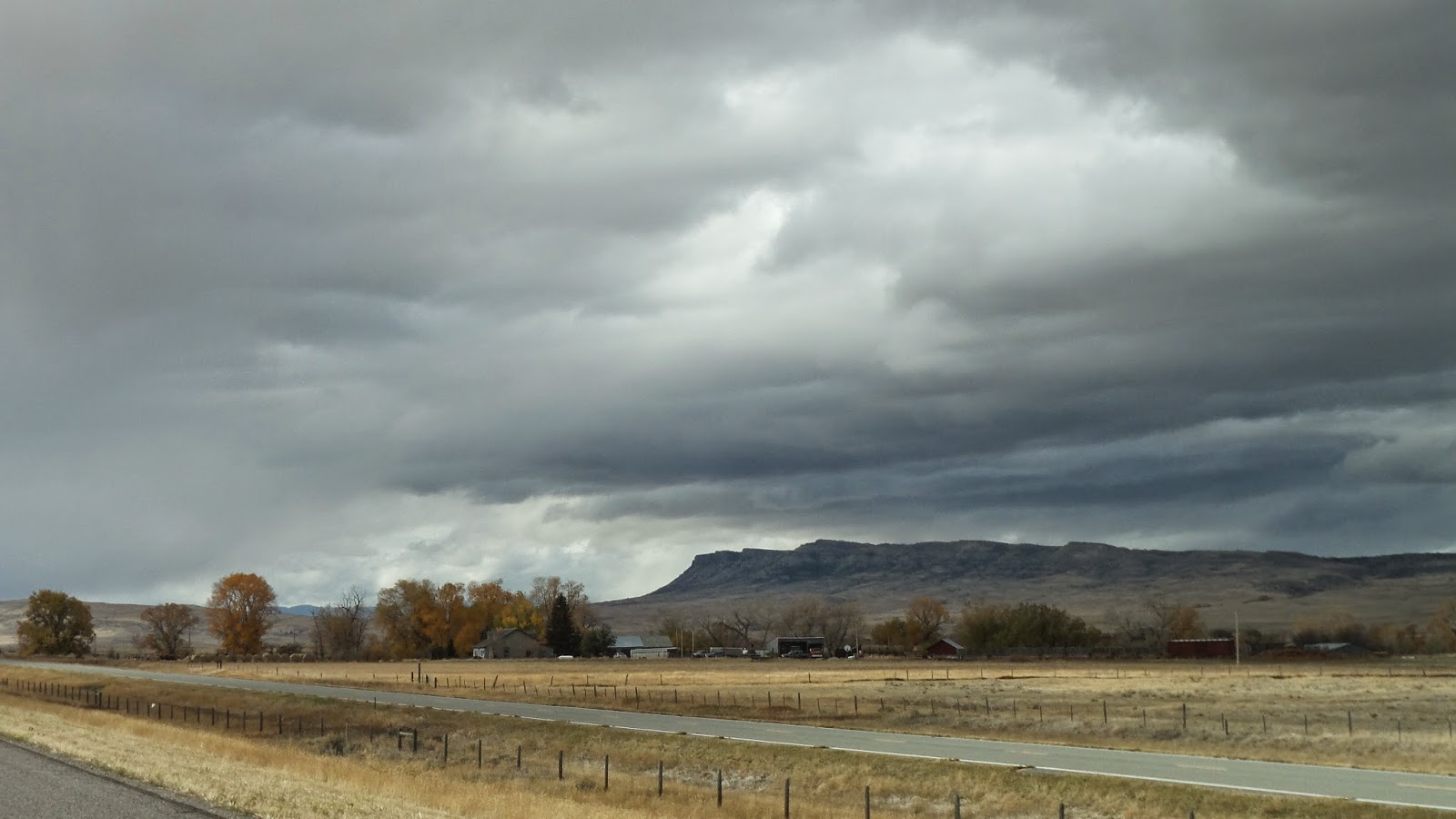This is the Mother of Nine with her late brood this year.
I hope they are doing well; it snowed today in Alanson,
so the winter is upon them! In the mornings
we would see her taking them east through the meadow
and in the late afternoons, she took them west
and they disappeared into the woods.
Sometimes one would leap into the air
and fly a wingbeat or two and hit the ground running.
Views of this little family were a special treat
all during this late summer and early autumn.
all during this late summer and early autumn.
Here is another of Galway Kinnell's poems;
all of us poets are much saddened by his loss.
all of us poets are much saddened by his loss.
This poem was mentioned by C. K. Williams in a remembrance
in the New Yorker, October 30, 2014.
in the New Yorker, October 30, 2014.
Sometimes we saw shadows of gods
in the trees; silenced, we went on.
Sometimes the dog would bound off
over the snow, into the forest.
Sometimes a tree had twenty
or more black turkeys in it, each
seeming the size of a small black bear.
We remember them for their care
for their kind ever since we watched the big hen
in the very top of the tree shaking
load after load of apples down to the flock.
Sometimes I felt I would never
come out of the woods, I thought
its deeper darkness might absorb me
or feed me to the black turkeys
and I would cry out for the dog
and the dog would not answer.
Galway Kinnell
The New Yorker, January 18, 2010.
Looking at Kinnell's poems again, I am struck not only by how much information is in his poems,
but by how much he leaves out, which results in a swift careening motion through the poem. I think, for certain types of poems, one should try to assemble as much information and relevant metaphor and thought, and then carve out much of it, moving more rapidly through the poem without so much explicit connectivity. Let's try it.!
On a side note, back in Idaho, by the Little Union Canal, my ducks
remembered and came running when I came out the back door.








































